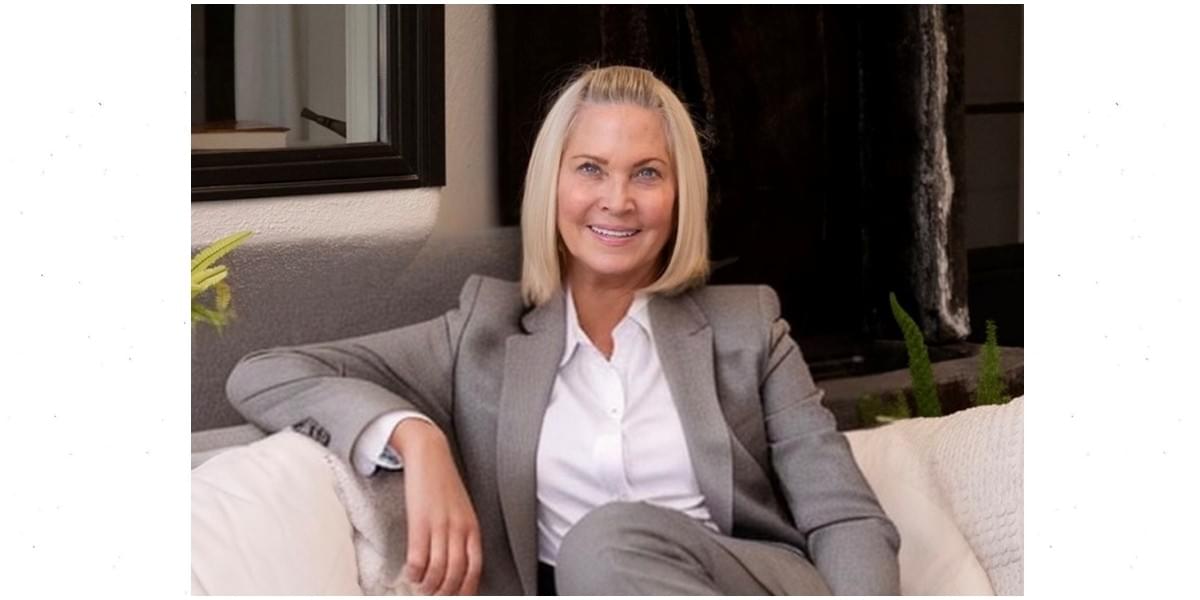The Silent Strain on Leaders: Why Emotional Intelligence Is a Leadership Imperative with Christine Shanley
The Silent Strain on Leaders: Why Emotional Intelligence Is a Leadership Imperative with Christine Shanley

Leadership has never been a simple task, but the demands placed on executives today are heavier and more complex than ever. Boards push for growth, shareholders expect returns, and employees look for both stability and inspiration. This creates a quiet, often invisible pressure on leaders to perform at every level. Many carry this weight silently, showing composure in public while privately managing stress that, if left unchecked, can influence the entire organization.
The cost of this invisible strain is staggering. Globally, an estimated 12 billion working days are lost every year to depression and anxiety at a cost of US$1 trillion per year in lost productivity (WHO). And according to Gallup, only 21% of employees worldwide report being engaged at work, with manager engagement slipping from 30% to 27% in just a year. These numbers reflect more than disengaged workers; they signal leaders who are themselves stretched thin and struggling to set the tone for their teams.
This is why emotional intelligence (EQ) has become a leadership imperative. Far from being a “soft” skill, EQ is a practical capability that allows leaders to recognize their own stress responses, regulate emotions, and respond with clarity instead of reactivity. It is the difference between leaders who pass down pressure to their teams and those who create a buffer of steadiness and perspective.
When stress spikes, the natural tendency is to tighten control, micromanage, rush decisions, or take on extra work rather than delegating it. While this may deliver short-term results, it often undermines long-term effectiveness. As leadership strategist Christine Shanley notes, “Leaders can become so focused on outcomes and supporting their teams that they end up doing the work for others instead of developing the people around them. It’s a ‘let me just get it done’ mindset that leaves the team underdeveloped and the leader depleted.”
Emotional intelligence helps break that cycle. Leaders who cultivate EQ don’t avoid pressure; they learn to process it in ways that prevent stress from cascading through the organization. Several practices stand out:
- Clarifying values and priorities. Leaders who define what matters most can cut through noise and guide teams with focus. Not every issue deserves equal attention.
- Reframing limiting beliefs. Many executives carry the assumption that they must always have the answer. Releasing that belief opens space for collaboration and delegation.
- Creating reflective pauses. Short, intentional breaks, whether through journaling, coaching sessions, or even a moment of stillness, help leaders move from reaction to thoughtful response.
- Redefining boundaries. Sustainable leadership requires setting limits and modeling balance so that teams understand that performance is about consistency, not constant overextension.
Christine emphasizes that alignment is at the heart of effective leadership. When the way you are living drifts out of step with who you really are, life starts to feel heavy, disconnected, and forced. Leaders who ignore that misalignment may appear successful on the surface, but the strain shows up in decision-making, culture, and ultimately results.
The silent strain leaders carry is not going away. Market uncertainty, technological disruption, and the complexities of hybrid work will continue to test even the most seasoned executives. But the solution is not to push harder; it’s to lead differently. By investing in emotional intelligence, leaders not only protect their own clarity and resilience, but they also create an environment where their teams can thrive under pressure.
True resilience in leadership is not about silence or endurance. It’s about turning stress into clarity, setting priorities with intention, and modeling steadiness in the midst of change. That is the kind of leadership organizations need most today, and the kind that will define those who rise above the strain.
About the expert
Christine Shanley is a leadership strategist and transformational coach with more than 25 years of experience helping executives, teams, and individuals navigate change. After decades in corporate leadership development, she returned to private practice to create a more spacious, human-centered approach to growth. Her work blends strategy, mindset, and spiritual insight, giving clients the tools to realign with who they are and lead with clarity, resilience, and authenticity.